What happens in our brains when we die
New study of people close to death shows neural activity associated with consciousness and lucid dreams
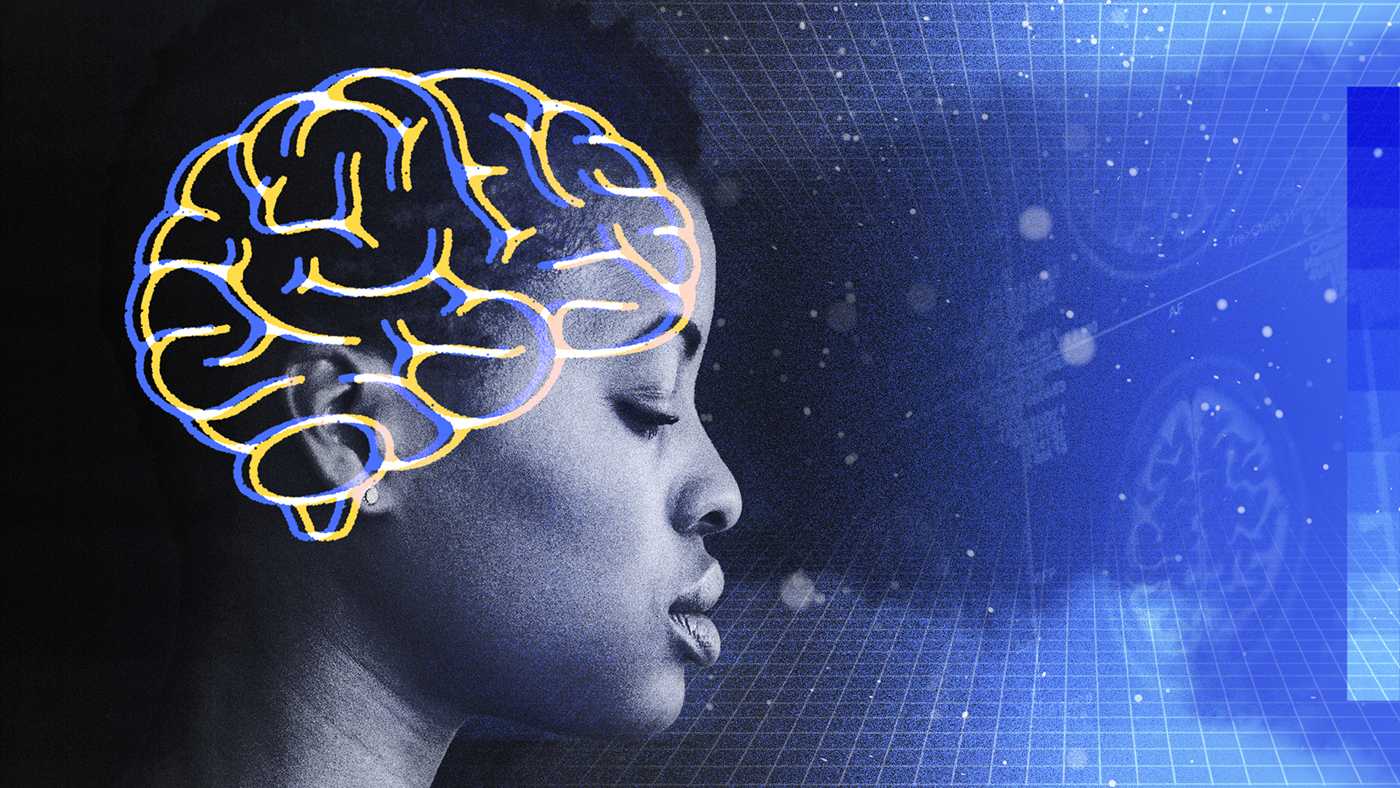
A free daily email with the biggest news stories of the day – and the best features from TheWeek.com
You are now subscribed
Your newsletter sign-up was successful
People who are close to death may experience a burst of activity in their brains after their hearts stop, according to a new study.
The research offers a possible explanation as to why many people report seeing their life flash before their eyes when they have near-death experiences.
Researchers behind the study, which was published in the US journal the Proceedings of the National Academy of Sciences, say the results might explain how a person’s brain could replay conscious memories just prior to death.
The Week
Escape your echo chamber. Get the facts behind the news, plus analysis from multiple perspectives.

Sign up for The Week's Free Newsletters
From our morning news briefing to a weekly Good News Newsletter, get the best of The Week delivered directly to your inbox.
From our morning news briefing to a weekly Good News Newsletter, get the best of The Week delivered directly to your inbox.
What is the new research?
A decade ago, researchers led by Jimo Borjigin from the University of Michigan Medical School demonstrated that rats exhibit a spike in electrical activity in their brains just before they die.
For their new study into human brain activity at the point of death, Borjigin and her team analysed anonymised medical records of four patients whose brains were monitored using a system called electroencephalography, or EEG, while they were being taken off life support.
Of the four people in the study, two showed surges during cardiac arrest of gamma waves, the fastest oscillations in the brain, which are associated with consciousness and lucid dreams.
What do these brain waves mean?
These surges in brain waves lasted several minutes and were very intense at times, said Borjigin. “It was crazy high,” she said.
A free daily email with the biggest news stories of the day – and the best features from TheWeek.com
While it is “impossible to know if these people had any visions as they were dying”, New Scientist said, researchers believe they could have reported experiences similar to those conveyed by other people who have had brushes with death. These include “moving down a tunnel towards a bright light, reliving past memories and hearing or seeing deceased relatives”.
According to Borjigin, “had they survived, those two patients might have had some story to tell”.
Is this life flashing before your eyes?
Sam Parnia, a pulmonologist at New York University Langone Medical Center who was not involved in the study, said the research points to the possibility of cogent thought even after someone’s heart has stopped.
It “suggests we are identifying a marker of lucid consciousness”, Parnia told Science.
The results serve to “challenge a longstanding assumption that brains become nonfunctional as they lose oxygen during cardiac arrest”, said Vice, “and could eventually open a new window into the weird phenomena associated with near-death experiences (NDE)”.
“As far as I am concerned,” Borjigin added, “our study may be as good as it will ever get for finding neural signatures of near-death consciousness.” The “only thing better than this is to have the patients survive to tell the tale that correlates with the detected neural signatures”.
What next?
There are a number of theories that attempt to explain why life would flash before someone’s eyes as the brain prepares to die, said Guillaume Thierry, a professor of cognitive neuroscience at Bangor University in The Conversation.
“Maybe it is a completely artificial effect associated with the sudden surge of neural activity as the brain begins to shut down. Maybe it is a last resort, defence mechanism of the body trying to overcome imminent death. Or maybe it is a deeply rooted, genetically programmed reflex, keeping our mind ‘busy’ as clearly the most distressing event of our entire life unfolds,” Thierry said.
To work out what the surge in gamma activity detected by their study represented, Borjigin and her colleagues said they will need to observe more dying brains.
This line of research “could shed light on the deeply mysterious phenomena of near-death experiences, which have sparked widespread fascination among experts and the public alike”, said Vice.
“What excites me most is to probe the role of the brain in cardiac arrest from these studies,” Borjigin said. “Our data reveals that the dying brain is far from hypoactive. Then, why would a dying brain be activated? What is the function of brain activation at near-death?
“Producing an internal state of consciousness (NDE) cannot be its sole function when survival is truly at stake,” she concluded. “Much of my future research will focus on the role of the brain in cardiac arrest, including covert consciousness.”
Arion McNicoll is a freelance writer at The Week Digital and was previously the UK website’s editor. He has also held senior editorial roles at CNN, The Times and The Sunday Times. Along with his writing work, he co-hosts “Today in History with The Retrospectors”, Rethink Audio’s flagship daily podcast, and is a regular panellist (and occasional stand-in host) on “The Week Unwrapped”. He is also a judge for The Publisher Podcast Awards.
-
 How to Get to Heaven from Belfast: a ‘highly entertaining ride’
How to Get to Heaven from Belfast: a ‘highly entertaining ride’The Week Recommends Mystery-comedy from the creator of Derry Girls should be ‘your new binge-watch’
-
 The 8 best TV shows of the 1960s
The 8 best TV shows of the 1960sThe standout shows of this decade take viewers from outer space to the Wild West
-
 Microdramas are booming
Microdramas are boomingUnder the radar Scroll to watch a whole movie
-
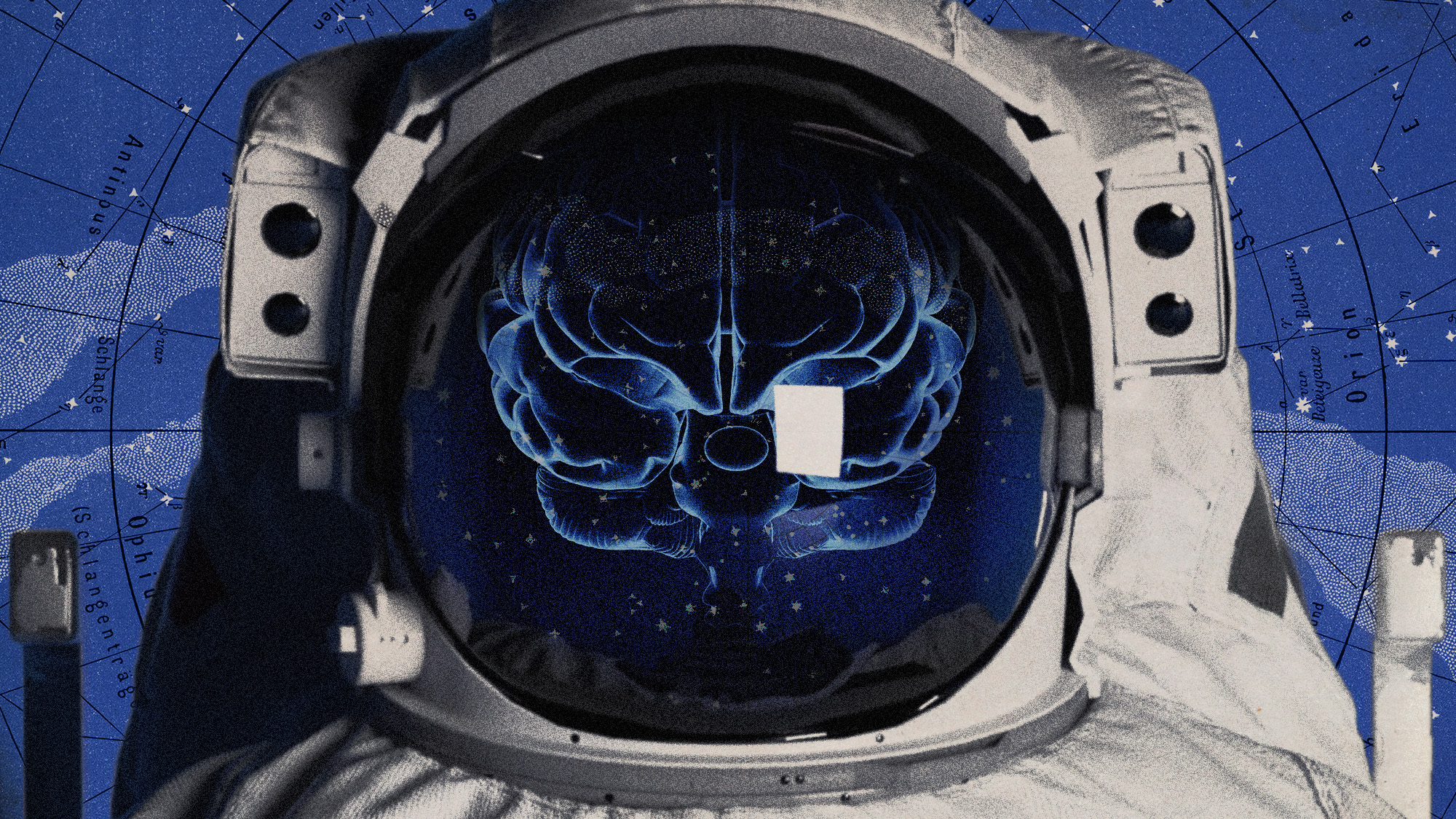 How space travel changes your brain
How space travel changes your brainUnder the Radar Space shifts the position of the brain in the skull, causing orientation problems that could complicate plans to live on the Moon or Mars
-
 The diminishing power of willpower
The diminishing power of willpowerIn the Spotlight ‘Try harder’ attitude may not be the best way to achieve long-term goals
-
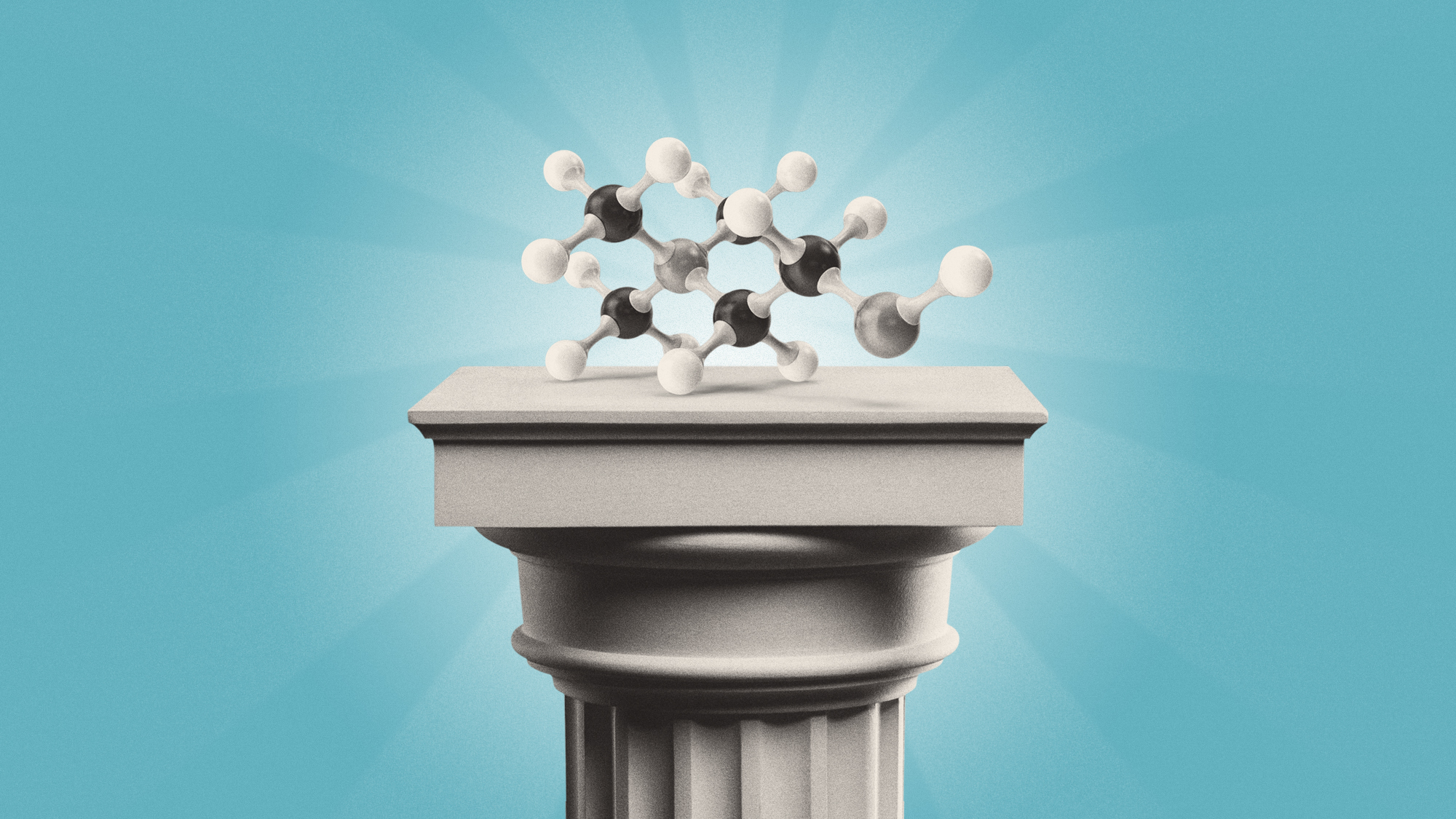 Choline: the ‘under-appreciated’ nutrient
Choline: the ‘under-appreciated’ nutrientThe Explainer Studies link choline levels to accelerated ageing, anxiety, memory function and more
-
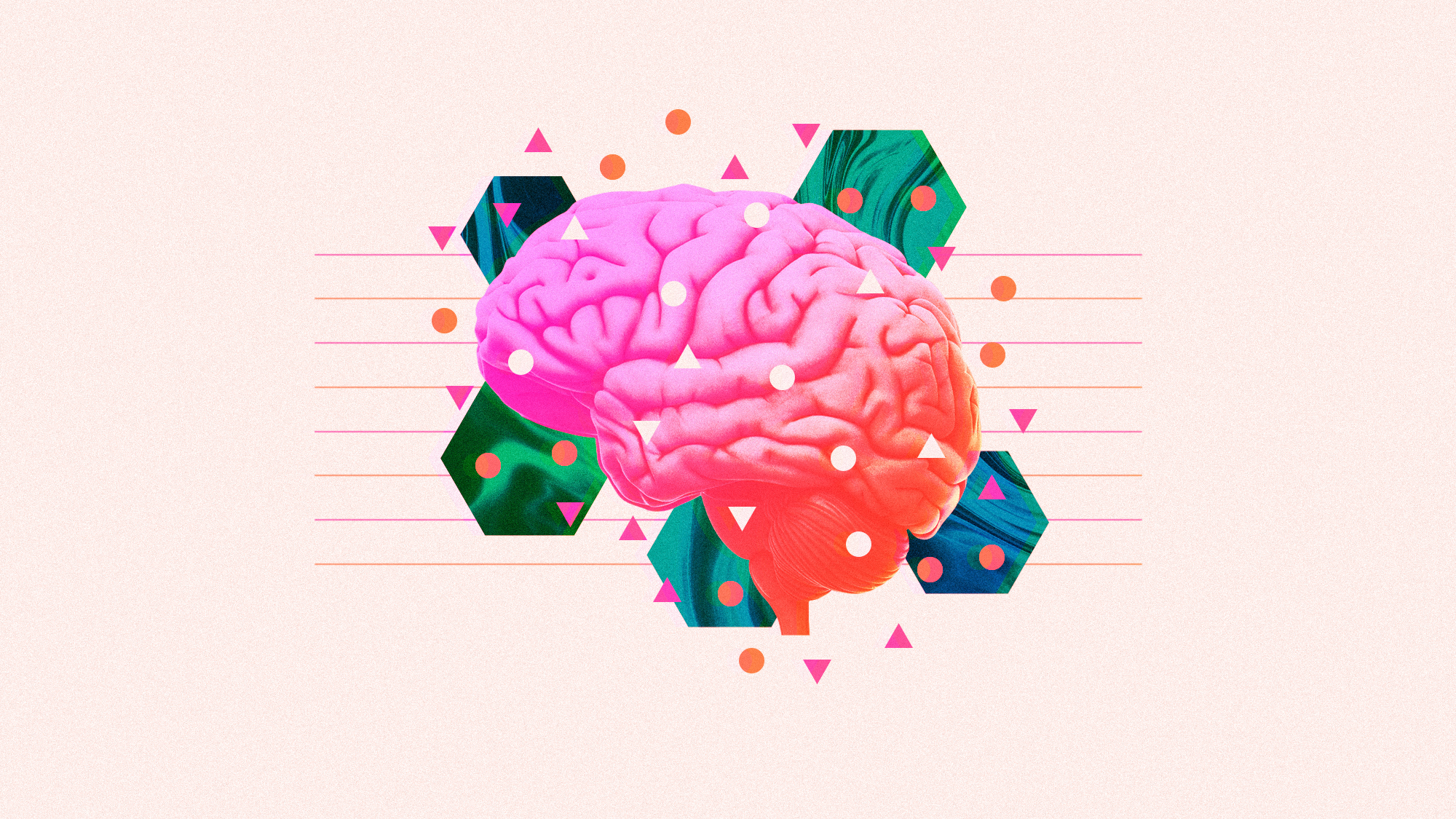 How worried should we be about microplastics in our brains?
How worried should we be about microplastics in our brains?The Explainer Average human brain contains enough plastic fragments to make a spoon
-
 Microplastics accumulating in human brains, study finds
Microplastics accumulating in human brains, study findsSpeed Read The amount of tiny plastic particles found in human brains increased dramatically from 2016 to 2024
-
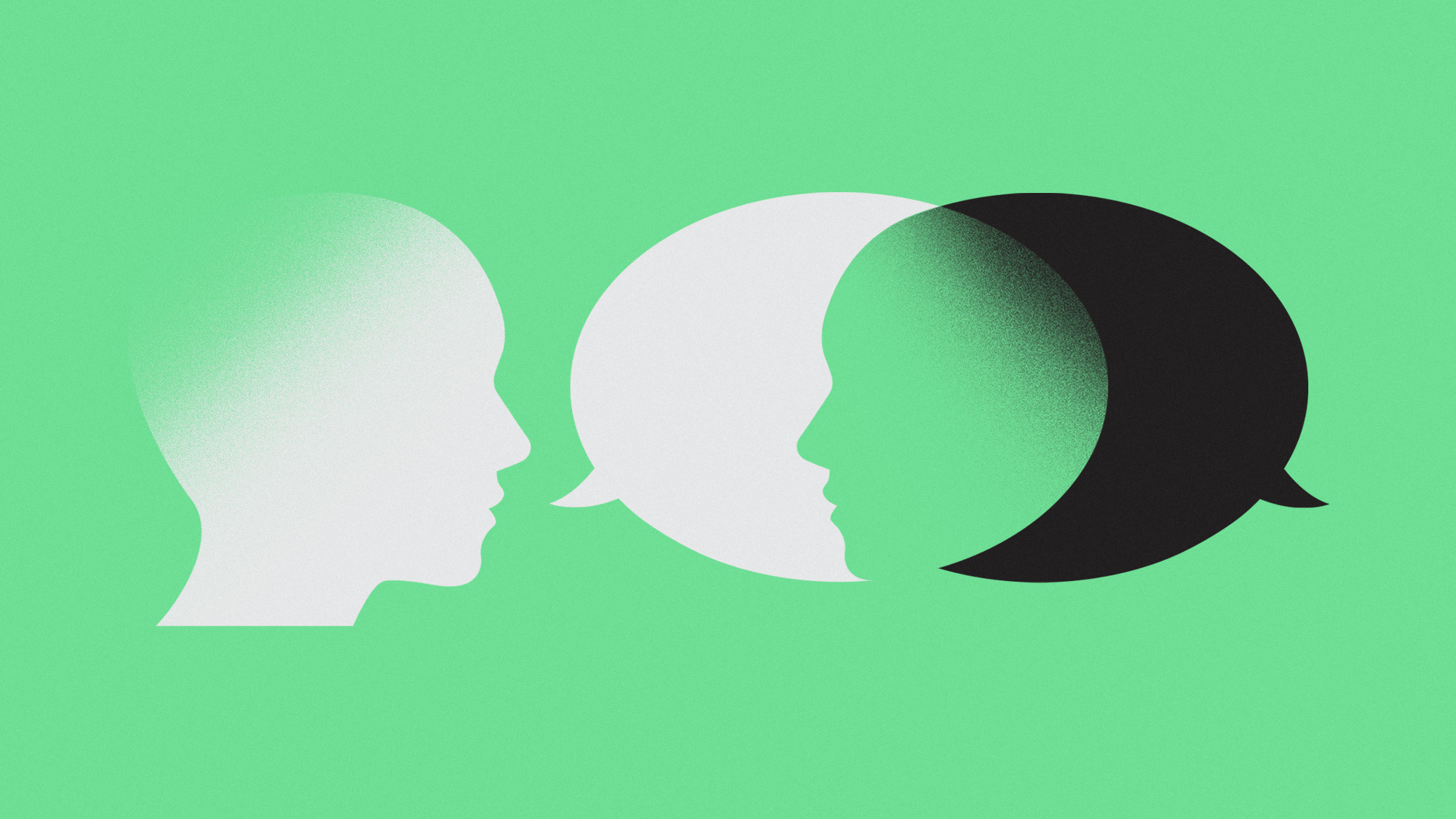 Avatar therapy: a groundbreaking treatment for psychosis?
Avatar therapy: a groundbreaking treatment for psychosis?In the Spotlight Study reveals digital characters can help patients 'push back' against distressing voices
-
 How love impacts your health
How love impacts your healthThe Explainer Turns out you actually can die of a broken heart
-
 Pros and cons of day-time naps
Pros and cons of day-time napsPros and cons A snooze improves cognitive function and mood but sleep is also linked to obesity and underlying health issues